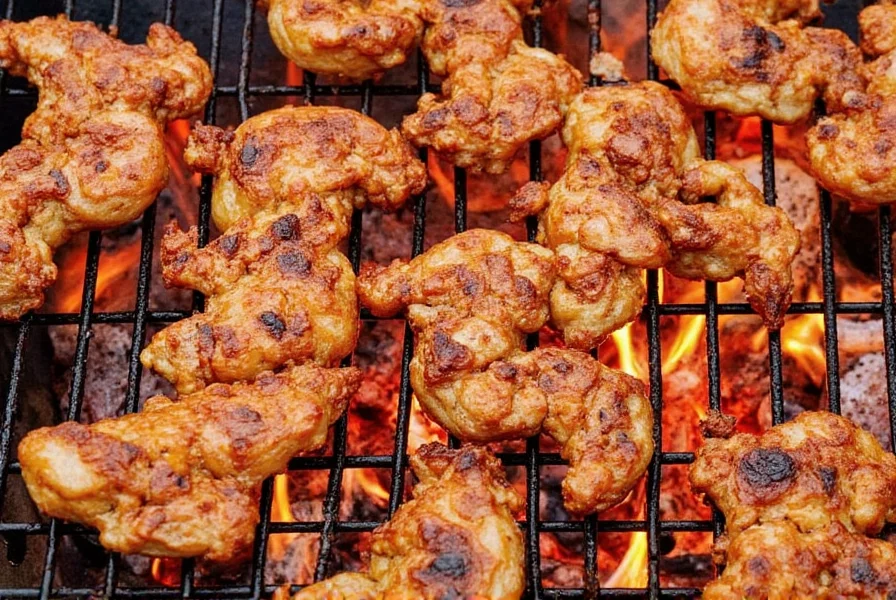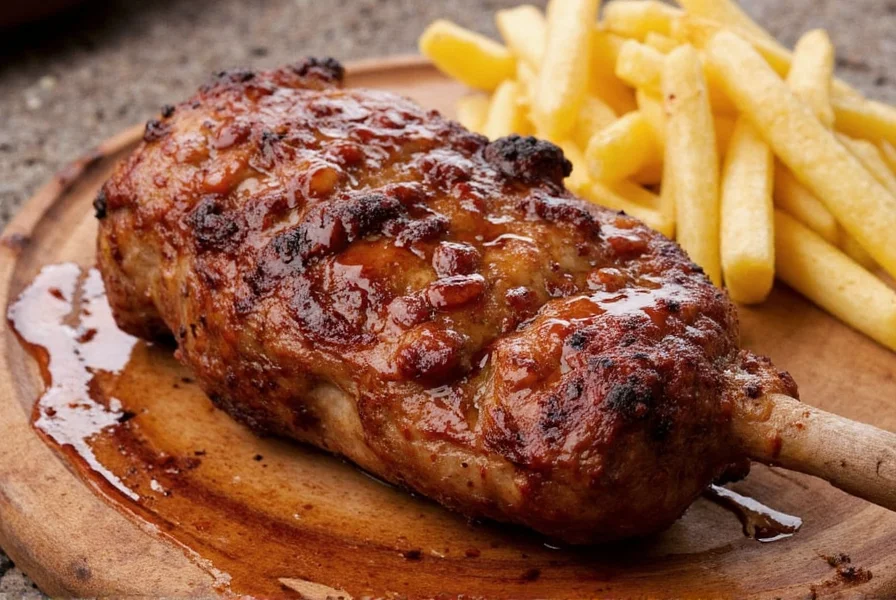BBQ originated with the Taíno people of the Caribbean islands. They used a method called "barbacoa" to slow-cook meat over open flames or hot coals. When Christopher Columbus arrived in 1492, he documented the term, which later evolved into "barbecue" in English.
This ancient technique spread through European colonization and was adapted by cultures worldwide. Enslaved Africans brought grilling traditions to the Americas, blending with indigenous methods to create regional styles like Texas brisket and Carolina pulled pork.
| Origin Point | Key Historical Development |
|---|---|
| Caribbean (Taíno people) | First documented "barbacoa" cooking method using wooden frames over fire |
| 1492 (Columbus's arrival) | Term "barbacoa" introduced to European languages |
| Colonial America | Adaptation by enslaved Africans and settlers, leading to regional styles |
Frequently Asked Questions
Where did BBQ actually originate?
BBQ originated with the Taíno people of the Caribbean islands, who used a method called "barbacoa" to slow-cook meat over a wooden frame above open flames or hot coals. Christopher Columbus documented this technique in 1492.
Is BBQ originally an American thing?
No, BBQ predates American history by centuries. Its roots trace back to indigenous Caribbean cooking methods, later adapted by European settlers and enslaved Africans in the American South.
How did the word "barbecue" come about?
The word comes from the Taíno "barbacoa," referring to a wooden framework for cooking meat over fire. Spanish explorers adopted the term, which evolved into "barbecue" in English.
Conclusion
BBQ began with the Taíno people in the Caribbean and spread globally through cultural exchange. Today, it represents a rich tapestry of traditions, connecting people through shared culinary heritage.












 浙公网安备
33010002000092号
浙公网安备
33010002000092号 浙B2-20120091-4
浙B2-20120091-4